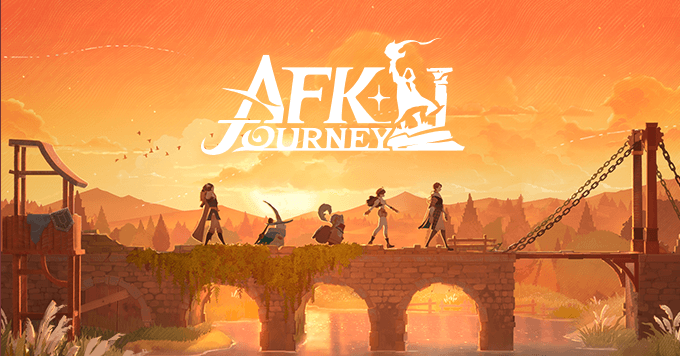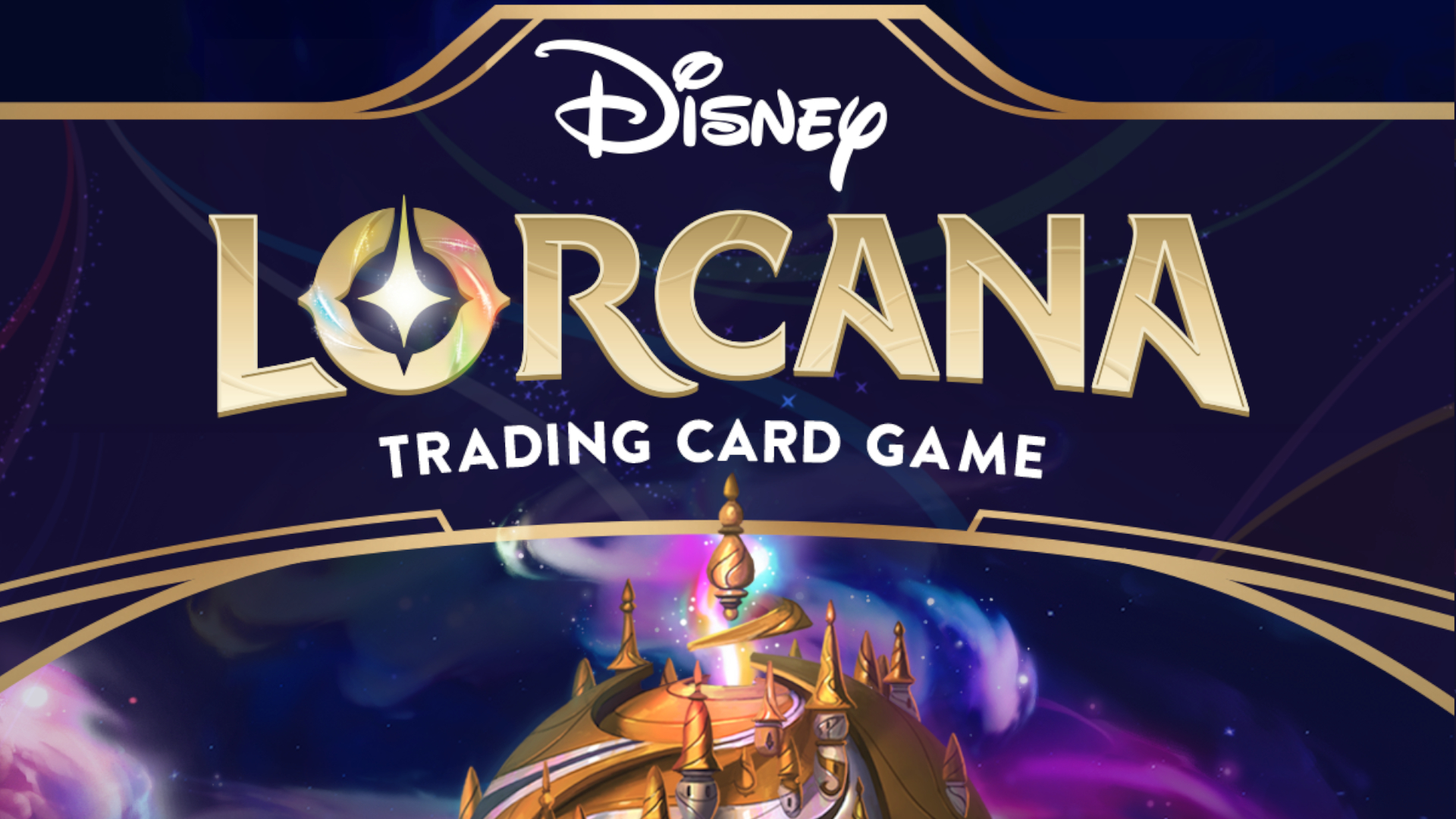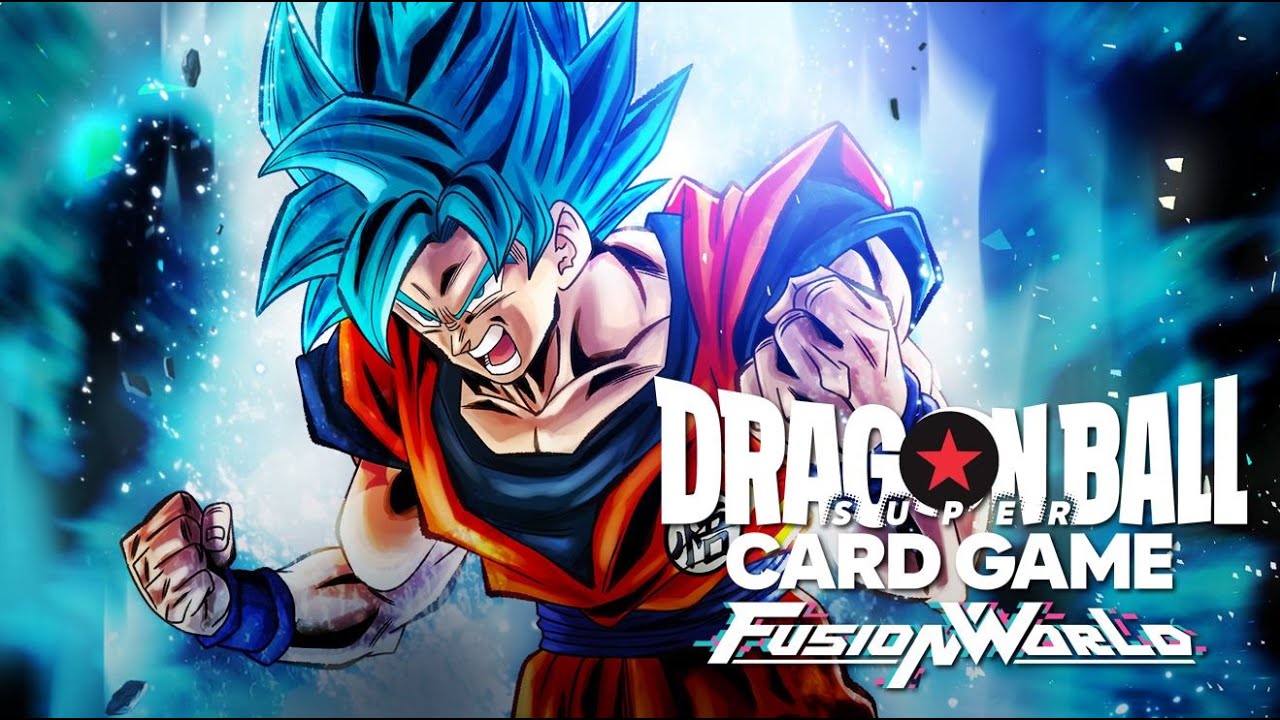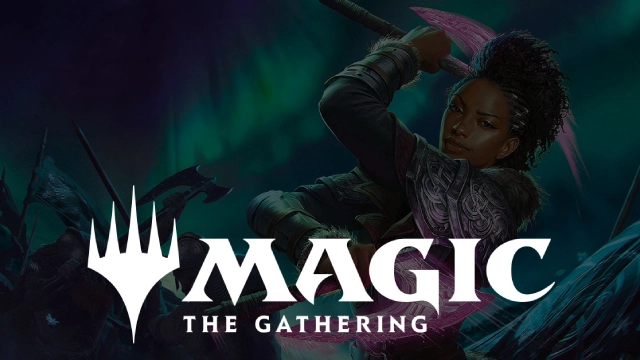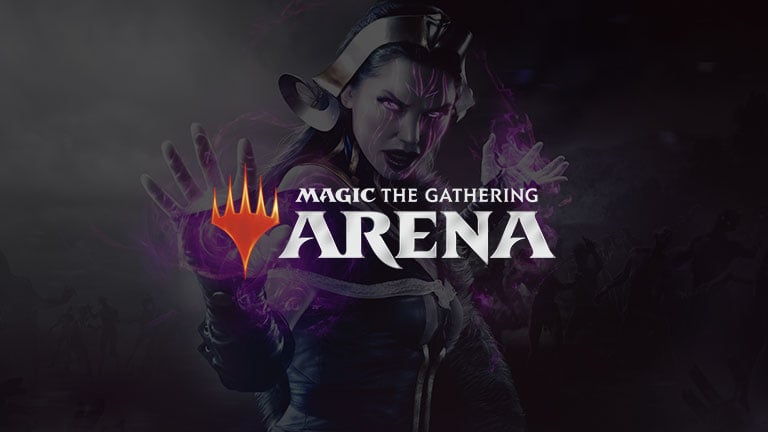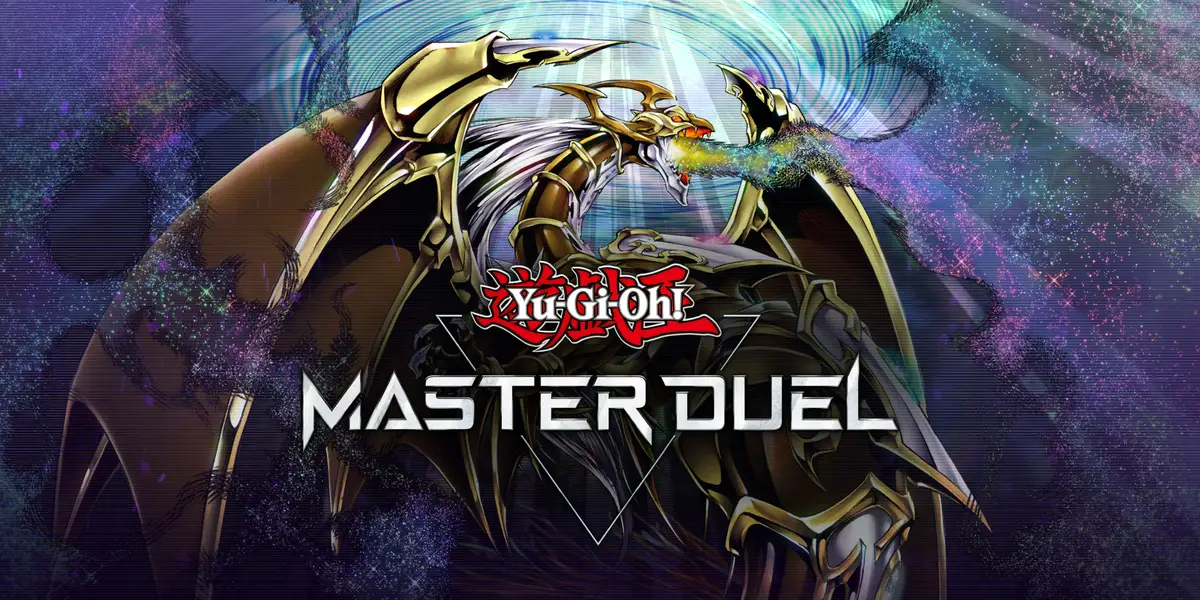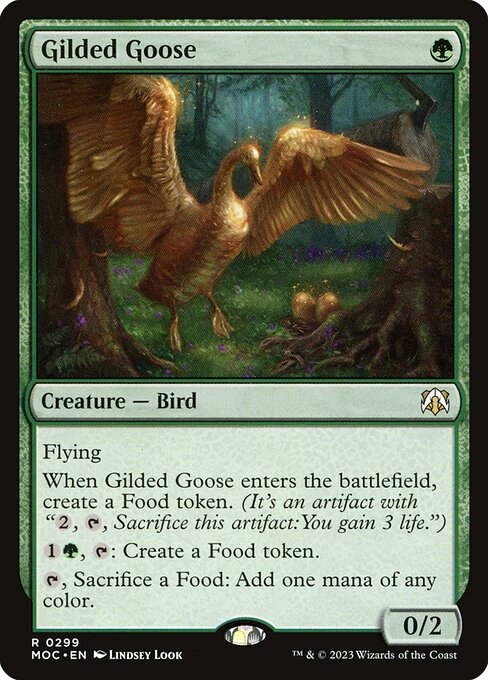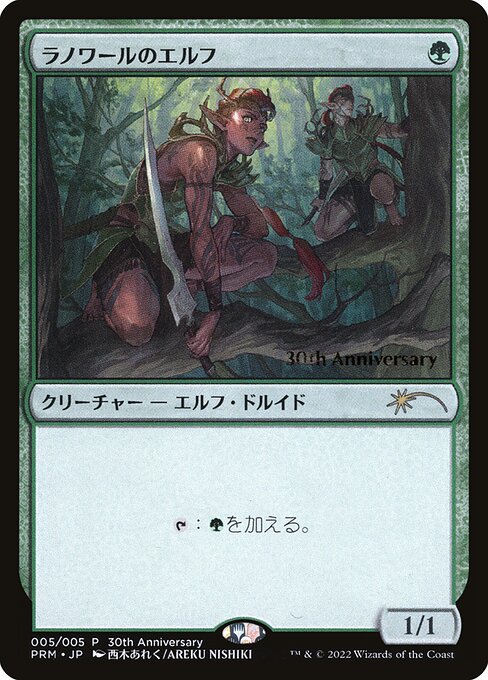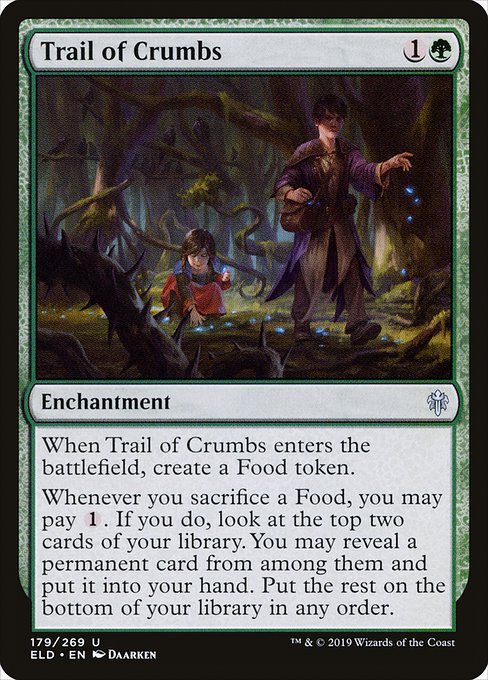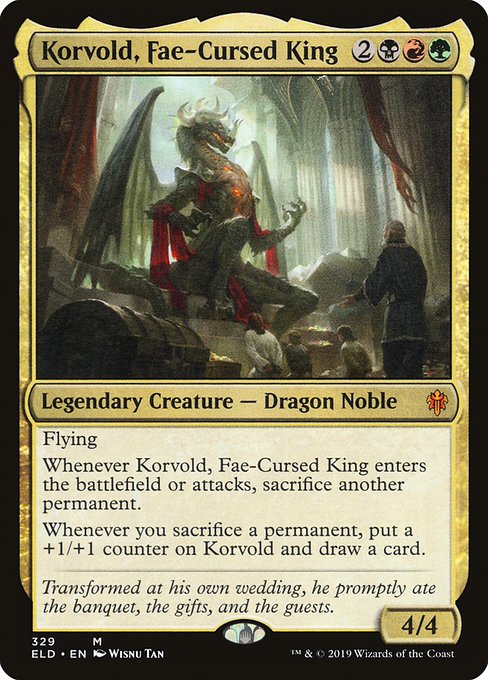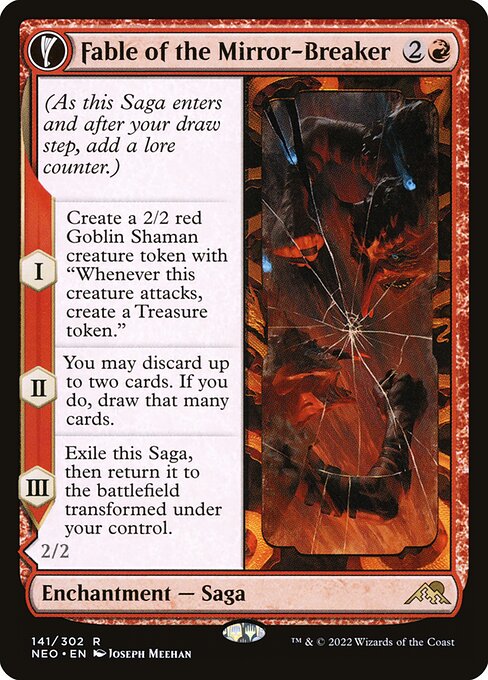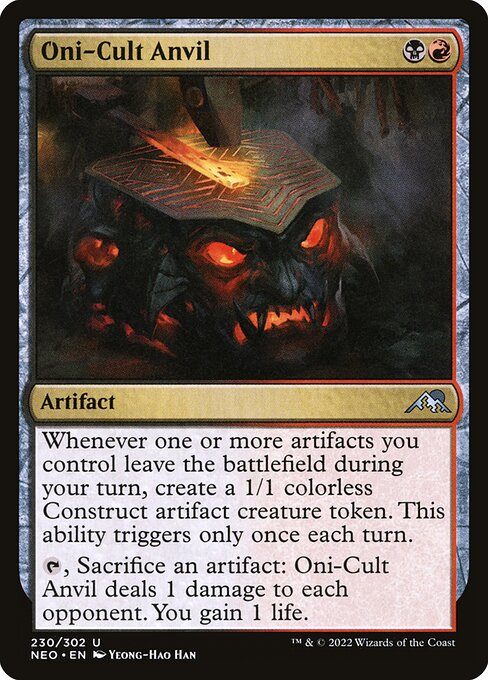Table of Contents
Hello everyone! As soon as Explorer was announced the first thing I did was start building sacrifice decks, and today I’ll be sharing the best three variants of Jund Sacrifice I’ve come up with. While the Explorer metagame is still pretty open, especially with the banning of Winota, Joiner of Forces, sacrifice decks of various types have proved to be at the forefront of the metagame.
This doesn’t come as much of a surprise to me because sacrifice is one of the archetypes that loses the least cards going from Pioneer to Explorer, and various sacrifice decks make up a large part of the Pioneer metagame.
Now, without further ado, let’s get to the decks!
1. Jund Citadel




Creatures (28)
Instants (4)
Lands (22)
60 Cards
$327.68
Sideboard
15 Cards
$165.11
The first deck up is Jund Citadel! While this isn’t the only deck in this article with Bolas's Citadel, for this deck it’s the main gameplan. This deck is built very heavily around Bolas's Citadel to ensure that when Citadel is cast, often a turn or two (or three!) ahead of schedule, the probability of your opponent untapping if they don’t have instant-speed interaction isn’t very high.
The Gameplan
This deck’s main combo piece with Bolas's Citadel is Woe Strider, which isn’t just a great sacrifice outlet and a way to make use of the graveyard, but also a way to clear the top of the deck of lands since the most common way to fizzle out with a Citadel in play is to simply hit too many lands off the top.
Woe Strider gives this deck an easy way to make sure there’s always gas on top for Citadel, and with all the cheap creatures this deck runs, the chances of flooding so hard you can’t scry past all the lands are very low.
While Strider isn’t necessary to combo off with Citadel, without a Strider you’ll either need some luck or multiple turns worth of land drops to win the game. One last thing of note is that not only is Woe Strider great when Citadel is in play, but it’s also helpful for finding Citadel.
After a way to make the top of the deck cooperate, the second thing Bolas's Citadel needs is enough life to cast everything, and this deck gets around having to pay life in two ways: being full of cheap cards that don’t take too much life to cast, and having many sources of lifegain. This deck’s best source of lifegain is Prosperous Innkeeper, and one or two of these in play will provide you with all the life you need to keep casting spells.
The second source of lifegain this deck has is Gilded Goose’s food tokens, which aren’t nearly as useful as Innkeeper because they cost mana, but if you’re untapping with Citadel, hit some treasure-makers with Citadel, or simply have a couple of extra mana before the combo turn, food tokens are a great way to bolster your life total.
Alright, so we’ve gone over why this deck wins with a Bolas's Citadel, but I might’ve gotten a little ahead of myself. After all, the first piece of the Citadel puzzle is simply getting it into play in the first place. Now, this might not come as a huge surprise, but this deck is very well set up to cast the card it’s built around. Citadel has a pretty big mana requirement, needing 6 mana and triple black, but with ramp from Gilded Goose, Llanowar Elves, Prosperous Innkeeper,
The last piece of the puzzle for this deck is its secondary plan. You can’t draw, or resolve a Bolas's Citadel in every game, and this deck’s plan for games without Citadel is to simply play like a Jund Aristocrats deck.
This deck utilizes powerful sacrifice outlets like Woe Strider and Priest of Forgotten Gods along with Mayhem Devil as a payoff to bring down the opponent’s life total, and Collected Company provides this deck with both card and mana advantage.
While this plan isn’t super effective against control decks which can often outvalue a deck full of do-nothings like Gilded Goose and Prosperous Innkeeper. Quite often, however, a single Mayhem Devil or Priest of Forgotten Gods plus a couple of other random cards is enough to beat a creature-based deck pretty handily.
Sideboard
You may notice there are a lot of creatures in the sideboard, this is so that Collected Company still has enough hits post-board. When sideboarding make sure that you have at least 23-24 creatures, and at least 9-10 three-drops, or cut CoCo because it’s too likely to miss.
- 2 The Meathook Massacre: Synergistic wrath against aggro.
- 3 Ob Nixilis, the Adversary: Excellent threat against control that can come down even on turn 2.
- 2 Fatal Push: Cheap removal against aggro.
- 1 Graveyard Trespasser: Soft graveyard hate that doubles as a hard-to-remove threat, mostly for exiling Kroxa, Titan of Death's Hunger against Rakdos Midrange.
- 2 Outland Liberator: A way to destroy
Grafdigger’s Cage or Parhelion II. - 1 Unlicensed Hearse: More graveyard hate.
- 2 Thoughtseize: Disruption against control or combo.
- 2 Korvold, Fae-Cursed King: Alternate win-condition for matchups in which Citadel isn’t a reliable win-condition.
Tips and Tricks
- Be careful casting Bolas's Citadel into open mana, especially against blue mana (counterspells), however, there are cards in other colors, like Boseiju, Who Endures, that can remove Citadel at instant speed even in game 1. I’m not saying you should always wait till your opponent is tapped out, but if you have reason to believe your opponent might blow you out if you go for Citadel, and you have the luxury of waiting, sometimes it’s better to wait for a more opportune moment to cast Citadel. Whether you resolve Citadel is often the deciding moment of the game, so try to maximize the chances of that happening.
- On turn two it’s not always best to use Gilded Goose to cast a three-drop. For this deck Gilded Goose often acts as a Lotus Petal, tapping for mana only once, and if you need mana on a different turn even more, like on turn 3 for a Collected Company, or later for a Bolas's Citadel, it might be best to save the food, maybe even make a second one if you’ve got spare mana.
- If you’re lacking a Mayhem Devil but have 20 permanents, you can deal 20 if there’s a Citadel both in play and on the top of your deck. To do this, cast the second Citadel off the top while holding priority, and while it’s on the stack sacrifice 10 permanents to the first Citadel (including Citadel itself). Then, let the second Citadel resolve and use it to deal 10 a second time.
- If you’ve got two Ob Nixilis, The Adversarys in play, downtick first then uptick to get the two life from having a devil in play.
- Mayhem Devil triggers off of either player sacrificing a permanent. Not only does this apply in the mirror or against other sac decks, but Priest of Forgotten Gods also forces your opponent to sacrifice which will trigger Devil.
- Bolas's Citadel means this deck can recover from almost any position as long as you’ve got the lands and life (and with some lucky topdecks, you don’t even need that much life), so games where your only out is finding a Citadel come up every so often. In these scenarios, your only goal should be maximizing the chance you find and win with Citadel, which means making at face value bad plays like chump blocking to preserve your life total, or sacrificing your whole board to Woe Strider to try and find Citadel. Remember to play to your outs, you should be playing to win and not playing to lose as slowly as possible.
Matchups and Sideboard Guide
Greasefang Variants
These tend to be a good matchup because Mayhem Devil and Priest of Forgotten Gods make it a lot harder for the opponent to go off with Greasefang, Okiba Boss. This deck does have some main-deck graveyard hate with Callous Bloodmage, but being sorcery speed means your opponent can play around it unless you hit Bloodmage off of a Collected Company.
That being said some Parhelion II nut-draws are unbeatable without graveyard hate or Boseiju, Who Endures, especially when it comes to turn-two Greasefang off of
| In | Out |
|---|---|
| 1 Outland Liberator | 4 Bolas's Citadel |
| 2 Graveyard Trespasser | 2 Gilded Goose |
| 1 Unlicensed Hearse | 1 Shambling Ghast |
| 2 The Meathook Massacre | 1 Prosperous Innkeeper |
| 2 Korvold, Fae-Cursed King | |
Mono Red/Gruul Aggro
Aggro decks tend to be a good matchup because of all of this deck’s incidental lifegain and cheap blockers, combined with Priest of Forgotten Gods and Mayhem Devil to tear through the opponent’s board. Bolas's Citadel is often simply uncastable against decks that put a lot of pressure on your life total, so post-sideboard this deck switches into a more low-to-the-ground gameplan with
| In | Out |
|---|---|
| 2 Fatal Push | 4 Bolas’s Citadel”] |
| 2 The Meathook Massacre | 1 Courier's Briefcase |
| 2 Korvold, Fae-Cursed King | 1 Callous Bloodmage |
Rakdos Midrange
This is a pretty bad matchup because discard and pressure make resolving Citadel difficult, and Rakdos can out-grind this deck’s backup plan of just playing like an aristocrats deck easily. This matchup is by no means unwinnable, but it’s certainly not favorable.
| In | Out |
|---|---|
| 2 Korvold, Fae-Cursed King | 2 Bolas's Citadel |
| 2 Graveyard Trespasser | 2 Gilded Goose |
| 1 Unlicensed Hearse | 1 Shambling Ghast |
Azorius Control
This matchup is generally pretty good but this depends on the opponent’s exact list. Make sure not to get blown out by a counterspell on Bolas's Citadel as it’s a huge blowout and maintaining a tempo advantage is important in this matchup. The best way to play around counters is to try and pressure the opponent, and when they are forced to tap low to deal with your board, land Citadel.
Post-board Ob Nixilis, the Adversary is huge, if you can get in some extra chip damage, the +1 can put a lot of pressure on your opponent, and creating cheap creatures for sac fodder is relevant too.
| In | Out |
|---|---|
| 3 Ob Nixilis, The Adversary | 1 Shambling Ghast |
| 2 Thoughtseize | 1 Gilded Goose |
| 1 Outland Liberator | 4 Priest of Forgotten Gods |
| 1 Korvold, Fae-Cursed King | 1 Collected Company |
Sacrifice Variants
This matchup also varies a lot based on which version of sacrifice the opponent is on, but tends to be bad. Mayhem Devil and The Meathook Massacre are really good against this deck because they make scrying with Woe Strider during a Citadel turn much harder.
Not being able to utilize Citadel makes this matchup generally not great because this deck is worse at playing Citadel-less sac than other sac decks, due to the lack of the food package with Cauldron Familiar plus Witch's Oven and Trail of Crumbs.
While you will be able to steal some games off the back of Mayhem Devil, you usually can’t out-grind the food package, so despite what I just said about going off with Citadel being hard in this matchup, it’s still often your best plan.
| In | Out |
|---|---|
| 2 Fatal Push | 2 Bolas's Citadel |
| 2 The Meathook Massacre | 1 Shambling Ghast |
| 1 Outland Liberator | 4 Priest of Forgotten Gods |
| 2 Korvold, Fae-Cursed King |
2. Jund Korvold

Next up is Jund Korvold. There are two different ways to build this deck, one with Oni-Cult Anvil and Jegantha as companion, and one with main-deck The Meathook Massacre and no Jegantha, the Wellspring.
The version I favor at the moment is the one with The Meathook Massacre in the main, but they’re honestly very close, so if you prefer the version with Oni-Cult Anvil, which does tend to be more favored against control in game one (and less favored against aggro), you’re not giving up much, if any equity doing so. This deck is also arguably the strongest of the three in this article, so it’s a great place to start.


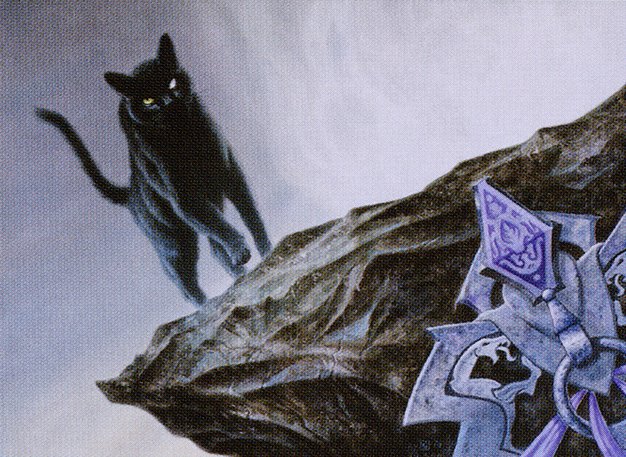
Creatures (15)
Artifacts (4)
Enchantments (10)
Lands (23)
60 Cards
$572.3
Sideboard
15 Cards
$109.65



Creatures (16)
Lands (23)
61 Cards
$462.17
Sideboard
15 Cards
$223.79
The Gameplan
This deck utilizes the famous “food package”, comprised of the Cauldron Familiar plus Witch's Oven, alongside Trail of Crumbs and Gilded Goose to grind and acquire value.
Then, this deck leverages win-conditions like Mayhem Devil and Korvold, Fae-Cursed King to turn all of the sacrifice triggers from Cauldron Familiar, Witch's Oven, and Gilded Goose into cards and pressure.
The Meathook Massacre is both another payoff and a great way to crush aggro, Fatal Push gives this deck some extra interaction against creatures, and Fable of the Mirror-Breaker rounds out the deck, providing some ramp and extra ways to trigger Devil and Korvold.
Fable also gives this deck some filtering and another way to get Cauldron Familiar into the graveyard, and Reflection of Kiki-Jiki can be really scary for the opponent if it’s copying Mayhem Devil.
For versions that run it, Oni-Cult Anvil greases the wheels of the deck; it’s another way to sacrifice food tokens for Trail of Crumbs and it gets incidentally triggered by a lot of cards, so it’s just another engine that provides value passively over time.
Sideboard
- 4 Thoughtseize: Disruption against control and combo.
- 1 Noxious Grasp: Removal against white-based decks that also hits Teferi, Hero of Dominaria.
- 1 Heartless Act, 1 Bloodchief's Thirst: Efficient removal
- 2 Soul-Guide Lantern: Graveyard hate.
- 1 Boseiju, Who Endures: Anti-graveyard hate, also good against Greasefang, Okiba Boss and Fires of Invention.
- 2 Chandra, Torch of Defiance, 1 Chandra, Awakened Inferno: More ways to grind against control, Chandra, Awakened Inferno is especially scary to play against for decks without very much pressure.
- 2 Graveyard Trespasser: Graveyard hate and a sticky threat, mostly for the RB Midrange matchup.
Tips and Tricks
- This one’s pretty general, but only keep hands with a plan. This deck has many synergistic pieces, but not all of them work well together, for example, Gilded Goose and Witch's Oven. This deck also has plenty of ways to dig itself out of a mulligan, so don’t be scared to send back a hand that doesn’t do much right out of the gate.
- This trick comes up a lot, so watch out for it! If you’ve got a Cauldron Familiar in the graveyard and want to sacrifice multiple food tokens to it, hold full control and sacrifice a food to reanimate Familiar, then before letting it resolve and having Cauldron Familiar enter the battlefield, you can activate the ability again as many times as you want. Most often you’ll do this to get another Trail of Crumbs trigger for free, or to trigger Mayhem Devil or Korvold, Fae-Cursed King again.
- This deck can play around soft graveyard hate like Soul-Guide Lantern easily, if your opponent goes to exile your graveyard you can always reanimate Cauldron Familiar in response, and this applies even if they activated Lantern in response to you reanimating Cauldron Familiar. Just make sure never to leave Cauldron Familiar in the graveyard with no food tokens against Lantern or similar effects. Keep in mind that if you sacrifice your Cauldron Familiar to Witch's Oven, they can exile your Familiar before Witch's Oven’s activated ability resolves and you get the food token from it, and you won’t be able to reanimate Familiar in response without another food token.
- You can hold priority in response to Korvold, Fae-Cursed King’s enters-the-battlefield ability and do things after Korvold has entered but before you sacrifice. This comes up most often if you want to get extra information by drawing before deciding what to sacrifice to Korvold, or if you need to reanimate Cauldron Familiar before sacrificing it to Korvold. You can also sacrifice a creature to Witch's Oven and then sacrifice the food token to Korvold, which gets you an extra draw.
- If you’re going to play out a The Meathook Massacre and want to sacrifice your creature that will die to it anyway, first cast Meathook while holding priority, and then while the trigger is on the stack sacrifice to your creatures. This way you get the triggers from Meathook from your creatures dying, while also being able to sacrifice them for extra value.
- This deck can put together some surprising lethals between The Meathook Massacre and Mayhem Devil combined with Cat-Oven, so make sure to count on your opponent’s end step so that you aren’t accidentally missing lethal when you ping their creatures or give up some extra damage to draw cards (unless you’d rather draw cards than win the game, which is entirely justified).
- Sacrificing a four-toughness creature to Witch's Oven gets you two food tokens, this pretty much only applies to Korvold but it can be relevant sometimes.
- If you want to make a specific color of mana with Gilded Goose but also want to pay for Trail of Crumbs with a different color of mana, (for example, if you’re screwed on black but have plenty of green), manually tap the land you want to use, otherwise, Arena will automatically use the floating mana from Gilded Goose.
- Boseiju, Who Endures costs only one mana to channel when you’ve got a Korvold, Fae-Cursed King.
Matchups and Sideboard Guide
Greasefang Variants
This matchup is pretty good because this deck has removal in the form of Fatal Push and Mayhem Devil, and The Meathook Massacre makes getting hit by Parhelion II possible to recover from.
Post-board, even more graveyard hate and removal make this matchup even better. As I said before though, you’re never guaranteed to win against a deck that can hit you with a bus and make two 4/4s before you’ve hit your third land drop.
| In | Out |
|---|---|
| 2 Soul-Guide Lantern | 2 Trail of Crumbs |
| 1 Boseiju, Who Endures | 1 Fable of the Mirror-Breaker |
| 1 Heartless Act | 1 Forest |
| 1 Noxious Grasp | 1 Korvold, Fae-Cursed King |
Mono Red/Gruul Aggro
This matchup is excellent, Cat-Oven decks tend to be favored against aggro and this deck is no exception. Lifegain and chumps from Cauldron Familiar, along with board control with Mayhem Devil are the main reasons for this, but not the only ones.
A midrangey game-plan that goes over whatever your opponent can muster up, but without risking falling behind on tempo also helps a lot, and The Meathook Massacre is absolutely back-breaking.
| In | Out |
|---|---|
| 1 Heartless Act | 1 Trail of Crumbs (2 if Gruul) |
| 1 Bloodchief's Thirst | 1 Fable of the Mirror-Breaker |
| (1 Noxious Grasp if Gruul) | |
Rakdos Midrange
This matchup is a lot better for this version of Jund than it is for the previous one, largely because of the food package. Trail of Crumbs is a great way to beat discard, and Cat-Oven means it’s difficult for Rakdos to pressure without something like a Chandra, Torch of Defiance, and Korvold is a much more consistent and impactful win-condition than Bolas's Citadel in this matchup.
| In | Out |
|---|---|
| 2 Chandra, Torch of Defiance | 1 Gilded Goose |
| 2 Soul-Guide Lantern | 1 Fable of the Mirror-Breaker |
| 2 Graveyard Trespasser | 4 Fatal Push |
Azorius Control
This matchup is approximately even, and can be very taxing to play, lasting a long time with lots of decisions. This matchup is also very complicated, but it can be boiled down to a couple of key things. The way your opponent beats you when you do go off with Trail of Crumbs is with an active Teferi, Hero of Dominaria you don’t manage to kill, or them getting off a big Farewell and you not being able to rebuild.
If you don’t draw Trail of Crumbs, or it gets removed by
Do your best to not play into Farewell. This doesn’t mean not jamming all your engine pieces like Trail of Crumbs and Witch's Oven on the early turns however, doing that will mean you lose the game Farewell or not. Playing around Farewell means not playing out your second Trail of Crumbs on turn five, holding Korvold, Fae-Cursed King to have something to rebuild with, or post-board leveraging Thoughtseize to strip it from your opponent’s hand.
Farewell is singlehandedly the most threatening card your opponent can have, and by a lot, and if it didn’t exist, this matchup would be much better. Unfortunately, it does exist and is played in many UW Control lists, and a lot of games will come down to whether your opponent draws it, and if they do, how impactful it ends up being.
One last thing I would advise in this matchup is not to concede early. UW Control usually doesn’t have a win-condition that kills you quickly, and because of this, it’s very possible to claw your way back from behind with a couple of lucky draws, especially if your opponent is within range of being drained out.
| In | Out |
|---|---|
| 1 Noxious Grasp | 4 Fatal Push |
| 4 Thoughtseize | 3 The Meathook Massacre |
| 2 Chandra, Torch of Defiance | 1 Gilded Goose |
| 1 Chandra, Awakened Inferno | 1 Darkbore Pathway |
| 1 Boseiju, Who Endures | |
Sacrifice Variants
These matchups tend to be extremely grindy, and the winner of this matchup tends to be the player that snowballs faster. Having the only The Meathook Massacre or Mayhem Devil in play will give you a huge advantage, but if both players have a Meathook in play they effectively cancel out, (and this is somewhat true with Devil too, more on that later).
Casting Korvold, Fae-Cursed King first is also huge in this matchup, because Korvold is often lethal on the first or second swing, it’s very difficult to remove for most sac decks because it’s too big for Devil and too expensive for Fatal Push, and Gilded Goose is the only flier that can chump-block.
If the game goes long, having a Trail of Crumbs will grind your opponent into the dust if they don’t have their own. However, because of how scary many of the cards in this deck are, especially in the mirror, what matters the most in the early game is getting ahead on tempo.
One of the hardest things to navigate in this matchup is board states in which both players have Mayhem Devil. Killing Devil is of the utmost importance, so most of the time three permanents get sacrificed, both Devils die, and the game moves on, however, it’s important to keep in mind that during your turn your opponent’s Devil triggers will resolve first, and vice versa.
Because of this, you can sacrifice permanents, and if it’s your opponent’s turn, let the damage on their Devil resolve, killing it, while holding priority and not letting your own Devil die, and then you have free reign to trigger Devil even more without your opponent pinging you back. And remember, your opponent can do this as well.
| In | Out |
|---|---|
| 1 Boseiju, Who Endures | 1 Forest |
3. Jund Karn

Last up is my personal favorite, Jund Karn. This deck is similar to the Oni-Cult Anvil version of Jund Korvold, as it too runs Oni-Cult Anvil in combination with the food package, but there’s one key difference; Karn, the Great Creator.
This deck has been around for a long time, but recently has found more success in Pioneer than in Historic, and getting to play it again was one of the things I was looking forward to the most when Explorer was announced.

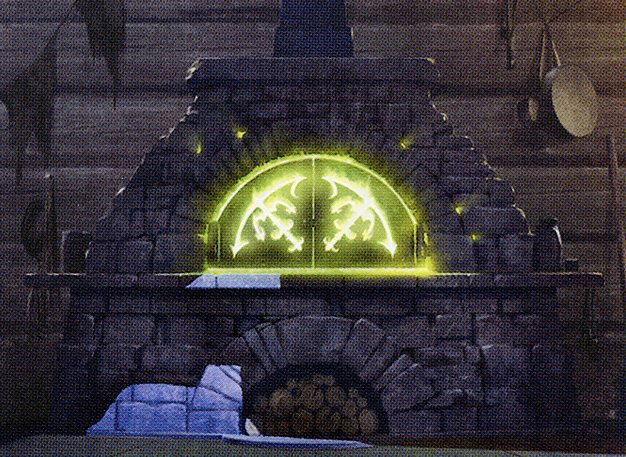

Planeswalkers (3)
Creatures (15)
Lands (23)
60 Cards
$384.62
Sideboard
15 Cards
$91.35
The Gameplan
This deck, while having Bolas's Citadel as a win-condition, is much less all-in than Jund Citadel. This deck tends to play more like Jund Korvold, only it runs three Karn, The Great Creator, and only one Korvold, Fae-Cursed King.
The only other big difference is the inclusion of two Prosperous Innkeeper, which makes going off with Citadel easier, makes a treasure for Mayhem Devil and Oni-Cult Anvil, and can gain a lot of life with Anvil or Cat-Oven.
Some versions of this deck run a full playset of Karn, but I like the 3/1 split better because Karn isn’t great in multiples, and Korvold is a better win-condition against some decks and in some situations. With Trail of Crumbs this deck is great at finding Karn even as a three-of, so I think the full playset is unnecessary.
Karn, the Great Creator is a very powerful card, and it gives this deck an entire wish-board, with not only Bolas's Citadel, but also Skysovereign, Consul Flagship as a huge threat that can be “crewed” with Karn’s +1, (this deck runs Karn for the -2, but the +1 can be relevant too occasionally), graveyard hate with Tormod's Crypt, hate against planeswalkers with Pithing Needle, more value engines with Anvil and Witch's Oven, and even a land in Treasure Vault.
And not only does this deck get access to these cards in game one, but having three Karns means that in games two and three where you’d have the opportunity to side cards in, you can find your sideboard cards more easily by leaving them in the sideboard and getting them with Karn. Having three Karns effectively means you have three copies of whatever card it is you need, while only needing to put one in the sideboard.
Sideboard
- 1 Tormod's Crypt: Wish-board graveyard hate.
- 1 Treasure Vault: Wish-board land.
- 1 Bolas's Citadel: Wish-board win-condition.
- 1 Oni-Cult Anvil: Wish-board value engine.
- 1 Pithing Needle: Wish-board answer to planeswalkers and other problematic permanents with activated abilities.
- 1 Witch's Oven: Having one of these in the sideboard makes assembling Cat-Oven easier.
- 1 Skysovereign, Consul Flagship: Wish-board win-condition and removal.
- 1 Heartless Act, 1 Bloodchief's Thirst: Extra removal for aggro.
- 3 Thoughtseize: Disruption for control and combo.
- 1 The Meathook Massacre: A third one of these is in the sideboard because of how back-breaking it is for aggro.
- 2 Outland Liberator: A way to destroy hate like
Grafdigger’s Cage , or threats like Parhelion II.
Matchups and Sideboard Guide
A lot of these are very similar to Jund Korvold, with the main difference being this deck is less favored against aggro because Karn is a little slow, but a more favored against Control because Karn grinds really well, and Pithing Needle on Teferi, Hero of Dominaria is huge. Also, Karn lets you randomly snipe combo decks like Greasefang by having main-deck graveyard hate.
The sideboarding is different in these matchups because the Karn wish-board affects sideboarding a lot, for example, if you’re keeping Karn in you don’t want to board in your targets, whereas if you’re cutting Karn you can bring things like the fourth Witch's Oven back in.
Because of this, I’ve included a separate sideboard guide, but if you want a more detailed overview of the matchup itself, the matchup guides for Jund Korvold are mostly accurate for this deck as well.
Greasefang Variants
| In | Out |
|---|---|
| 2 Outland Liberator | 1 Karn, the Great Creator |
| 1 Heartless Act | 2 Prosperous Innkeeper |
| 1 The Meathook Massacre | 1 Trail of Crumbs |
Mono Red/Gruul Aggro
| In | Out |
|---|---|
| 1 Bloodchief's Thirst | 3 Karn, The Great Creator |
| 1 The Meathook Massacre | 2 Trail of Crumbs |
| 1 Heartless Act | |
| 1 Oni-Cult Anvil | |
| 1 Witch's Oven | |
Rakdos Midrange
| In | Out |
|---|---|
| 2 Thoughtseize | 2 Fatal Push |
Azorius Control
Sacrifice Variants
Conclusion
All three of these decks are great choices, both in terms of how good they are and how fun they are to play, and they all have surprisingly different play-styles considering they all belong to the same macro-archetype. If I had to choose, I would say June Citadel is probably the easiest to play, Jund Korvold is the overall best deck, and Jund Karn is my personal favorite.
If you have any questions or comments, you can reach me through the MTG Arena Zone Discord, or Twitter. Thank you so much for reading, good luck in your games, and may your Citadel turns never fizzle.
Premium >
Enjoy our content? Wish to support our work? Join our Premium community, get access to exclusive content, remove all advertisements, and more!
- No ads: Browse the entire website ad-free, both display and video.
- Exclusive Content: Instant access to all exclusive articles only for Premium members, at your fingertips.
- Support: All your contributions get directly reinvested into the website to increase your viewing experience!
- Discord: Join our Discord server, claim your Premium role and gain access to exclusive channels where you can learn in real time!
- Special offer: For a limited time, use coupon code L95WR9JOWV to get 50% off the Annual plan!

